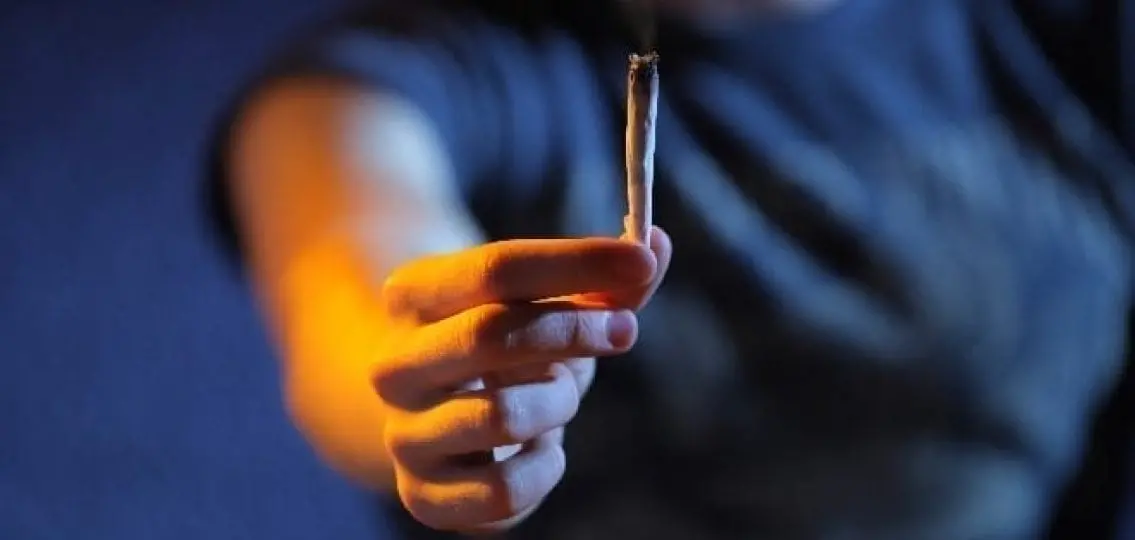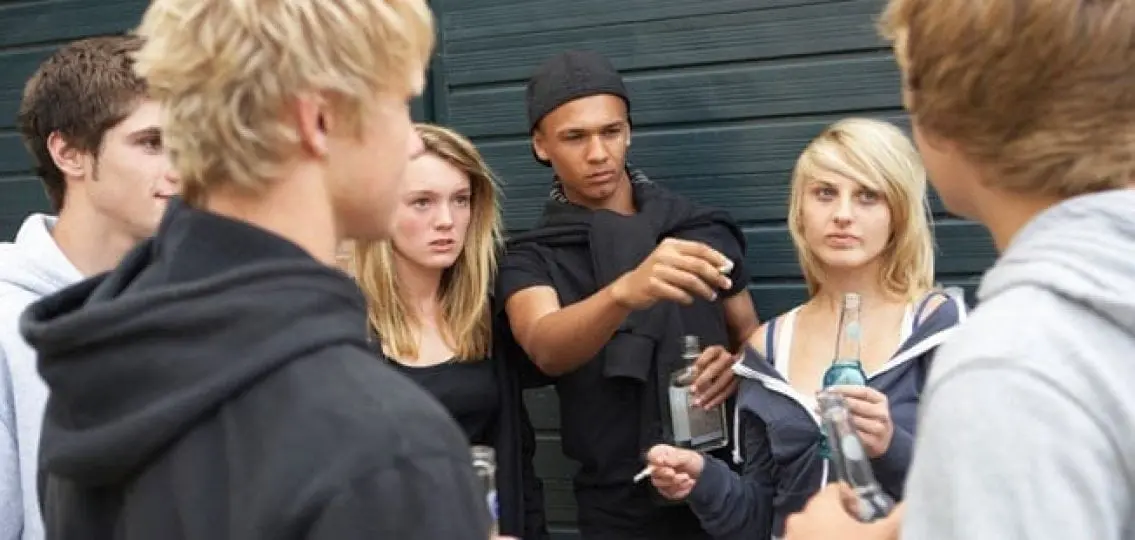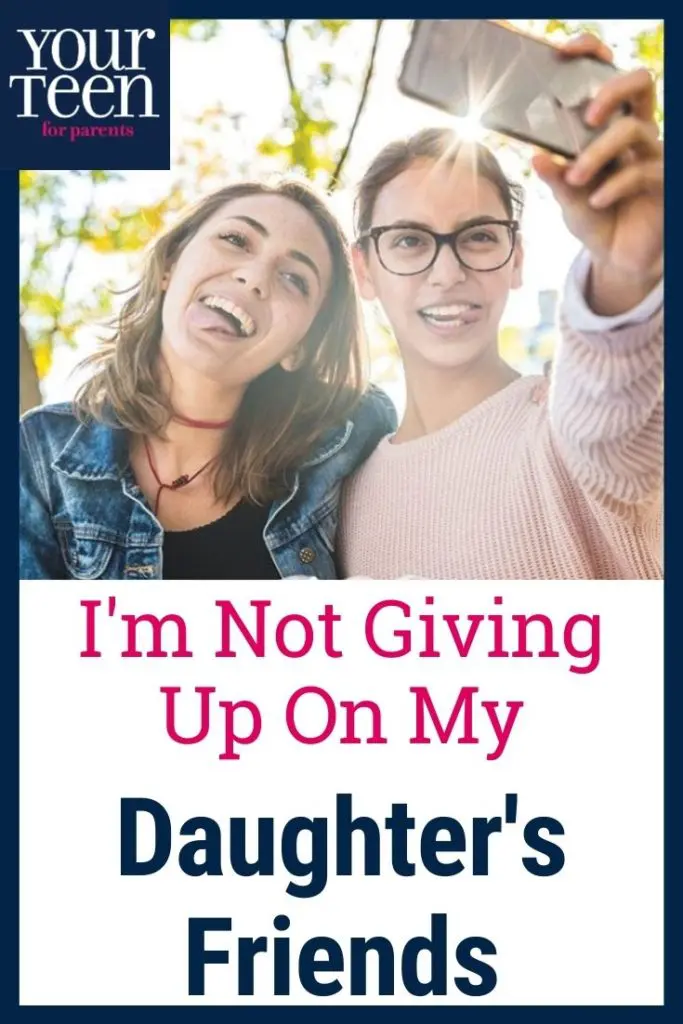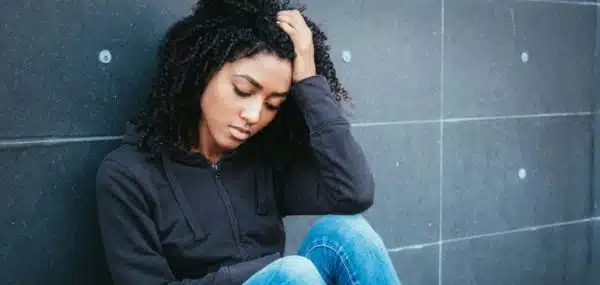I was gathering up the dirty laundry after my daughter had a slumber party. Sticking out of the top of the trash was a paper towel roll, stuffed with dryer sheets.

I doubt there are many parents of teens out there who don’t know what that means, or at the very least, wouldn’t strike them as being odd. But, if you aren’t sure, that homemade device is a tool to keep the smell of pot away. You take a puff, then you blow the smoke into the scented cardboard tube.
My heart sank. When I picked myself up enough to confront my daughter, the truth came out: Her good friend, who has really had a tough go of life thus far, had brought the pot into our house. She told me not all of her friends had smoked pot during the sleepover, but she admitted she had.
After calling all the parents to let them know what happened (I think it’s common courtesy to do that without pointing any fingers) and doling out my daughter’s consequences, I had to think long and hard about her friend.
This is a girl who has been in my house many times. She is a delight, a young woman with a lovely laugh who is always polite to me. But I know she also suffers from depression and anxiety and both of her parents have had problems with drugs and alcohol. She has been in and out of so many different homes and has had so many different caretakers that my daughter is never really sure where she is.
It would be easy for me to tell my daughter that her friend was a bad influence and wasn’t welcome in our home anymore. It would certainly put my mind at ease—for the time being, anyway.
The thing is, there is always going to be that friend.
The person we feel is a bad influence on our child, the person who is easy to blame for our child’s mistakes. I want my daughter to learn how to navigate difficult situations using her own judgement. If I refuse to let her hang out with every child who has ever smoked pot, I’m not sure she would have many people to hang out with at all.
I could say my daughter never would have tried smoking pot if it wasn’t for her bad influence of a friend, but I know that’s just not true. A teenager who wants to rebel will find a way to rebel. I’ve had a lot of talks with her about taking responsibility for her actions. I want her to develop the strength to say no and the knowledge that certain actions have consequences. If she breaks the rules, or my trust, that’s on her. Not her friend.
More importantly, I worry about what would happen to this sweet girl who is crying for attention, if no one was allowed to be her friend. She feels like she doesn’t have a home, or parents who care. She is searching for love.
Who am I to take that away from her?
I mean, what if I could make a difference in her life, offering her the strength and stability she needs? What if my daughter and I could be two people who make her feel more worthy and help her love herself? What if, by simply welcoming her into my home and reminding her I love her, but I have rules, it makes her want to do better?
I’m not saying I am going to let my daughter and her friend run free and do whatever they want.
And yes, my guard is up and I’ve talked to both of them about what I expect going forward. If those expectations are ignored, I might have to do something more severe.
But what if all my daughter’s friend needs is for someone to notice her? What if she doesn’t want to be a bad influence but instead she is looking for those boundaries that demonstrate someone cares? What if this friendship between her and my daughter that turns out to be one of the greatest gifts in her life and helps her get through her toughest days?
I’m not going to risk that.

I love my family. I will protect my children fiercely. But I want to teach them how important it is to share our love with those who need it. And, right now, this sweet, troubled girl really needs it. So I will welcome my daughter’s friend back to my home and I will be there— listening, watching and loving her. Because that’s what you do when you see a teenager struggling. Even if it’s not your own teenager.





